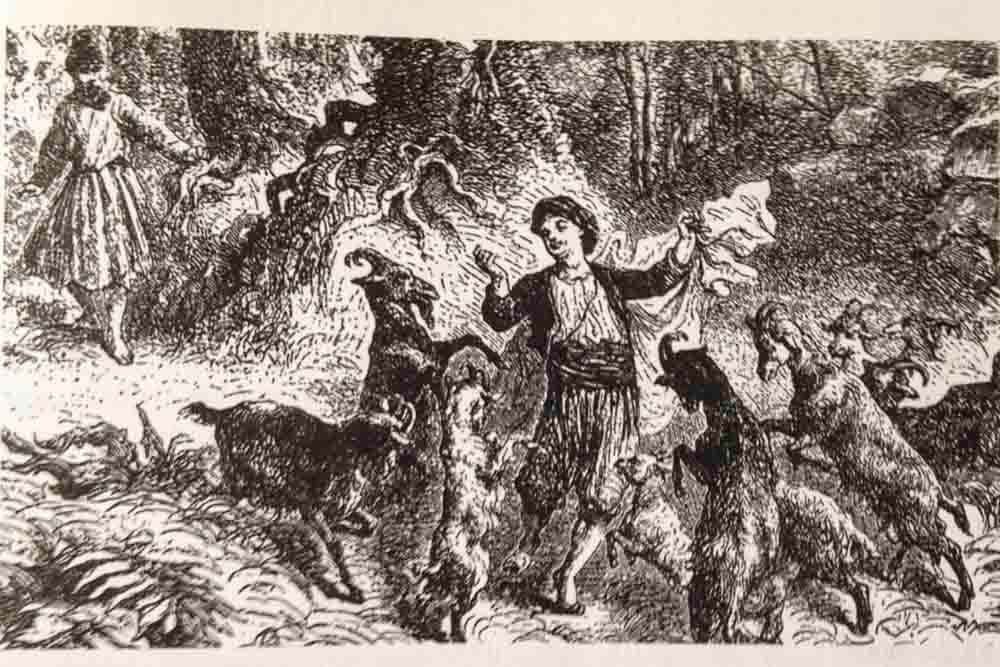Panic has been all too common throughout history. Whether over change, new developments, or other cause for irrational fear, panic has always lurked beneath the surface when it comes to humanity. Take coffee. An ubiquitous drink nowadays, it was once attacked as the devil’s brew in both the Islamic Middle East and Christian Europe. Below are twenty five things about that and other historic instances of moral panic and irrational fear.

ADVERTISEMENT - CONTINUE READING BELOW
Moral Panic Over Coffee
The discovery of coffee, purportedly initiated by Ethiopian goats’ consumption of its berries, led to its spread from Ethiopia to Yemen in the 1400s. Initially embraced by Yemeni Sufis for its stimulating effects during religious practices, coffee soon reached Mecca, where it faced its first moral panic and subsequent ban due to fears of radical thinking. However, Ottoman Sultan Suleiman the Magnificent later overturned this ban. Despite such endorsements, coffee sparked controversies elsewhere, including a ban in Cairo in 1532 and denouncements by European clergy as satanic.
Pope Clement VIII, however, endorsed coffee, leading to its wider acceptance in Europe. Yet, in the Ottoman Empire, Sultan Murad IV reinstated a ban, imposing severe penalties on offenders. Even in Scandinavia, coffee faced scrutiny, with Sweden conducting tests on convicted criminals to assess its lethality, proving it harmless. Notably, Frederick the Great of Prussia expressed disdain for coffee, advocating for beer consumption instead. Throughout history, coffee’s journey has been marked by both fervent praise and vehement opposition, highlighting its enduring cultural significance.

